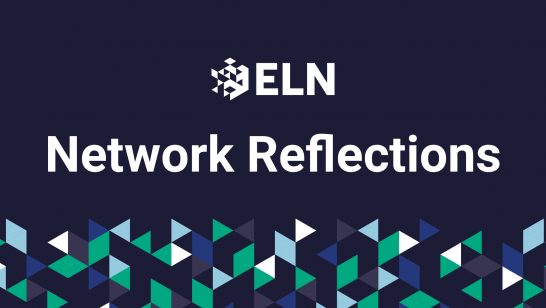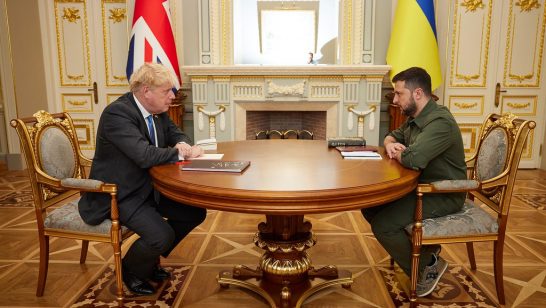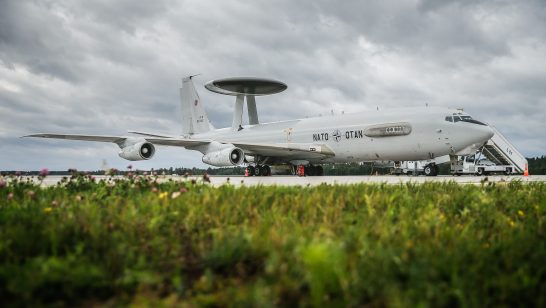NATO leaders are gathering at their annual summit meeting this week to discuss important issues facing the Alliance. The Madrid Summit will address the Alliance’s response to the war in Ukraine, defence spending, climate security, and NATO’s strategic direction for the next decade. Here, we share some materials and analysis from the Network on these core issues.
Network Reflections: What should we expect from the NATO Summit?
Five members of our Network – including NATO former Assistant Secretary General Tacan Ildem and former Chairman of NATO Military Committee Giampaolo Di Paola – share their views on the Summit, and the impact the war in Ukraine may have on its outcomes.
NATO’s next Strategic Concept: getting modern deterrence right
In a recent op-ed for The Hill, ELN Director, Sir Adam Thomson, and ELN Consulting Fellow, Sir Graham Stacey, make the case for renewing NATO’s language on modern deterrence and the need to keep military communication channels open with Russia.
To speak or not to speak — is that the question for NATO?
Writing in Politico Europe, Senior Network Members Ian Kearns and Imants Liegis argue that balancing a clear rebuttal of Russian nuclear threats and support for Ukraine with sensible measures to avoid nuclear escalation is the course that NATO should take.
Gaps in Western crisis management are beginning to show
The danger inherent in the basic structure of the Russia-West crisis itself ought to be receiving more attention, write Malcolm Rifkind and Ian Kearns in an op-ed in the Daily Telegraph. The ELN board members argue that the lack of asymmetry of interests with Russia will make it harder to navigate a safe outcome of the war.
Decarbonized Defense: The Need for Clean Military Power in the Age of Climate Change
Climate change and the security challenges it creates will be an important theme in Madrid. ELN Policy Fellow Katarina Kertysova recently contributed to special report by the International Military Council on Climate and Security, “Decarbonized Defense: The Need for Clean Military Power in the Age of Climate Change” with a chapter on NATO. The report reveals that there are high operational costs of continued fossil fuel use by militaries, and recommends that security leaders across NATO and the EU seize opportunities to ensure that low carbon considerations and energy efficiency standards are key factors in new procurement processes, research, and innovation.
The opinions articulated above represent the views of the author(s) and do not necessarily reflect the position of the European Leadership Network or any of its members. The ELN’s aim is to encourage debates that will help develop Europe’s capacity to address the pressing foreign, defence, and security policy challenges of our time.
Image: Flickr, NATO



